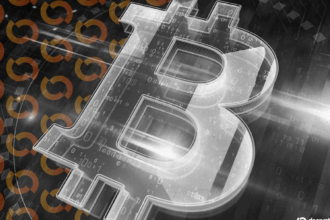FalconX, a digital asset prime brokerage, has become a launch partner for Lynq. The platform aims to establish a shared settlement infrastructure for digital assets and financial institutions, joining other platforms like Crypto.com and Galaxy Digital.
“
FalconX, which says it access to over 400 tokens, will “act as both a participant and a liquidity provider on the Lynq network,” Lynq CEO Jerald David told Cointelegraph.
”
About Lynq
Lynq, developed in partnership with Arca Labs, Tassat Group, and tZERO Group, is designed to address evolving regulatory frameworks and counterparty risk, potentially attracting institutions seeking compliant avenues into digital assets.
Understanding Crypto Settlement
In the crypto world, settlement confirms a transaction, transferring funds between parties and updating the relevant ledger. This applies to token transfers, collateral release, and token emissions.
Established players like institutional settlement network Atlas by Anchorage Digital manage similar processes today. Other examples include J.P. Morgan’s Kinexys and Project Ion by a major US equities clearinghouse.
Regarding Lynq’s operation, CEO David stated, “access to the Lynq Network is available at no cost to participants, and transactions on the network are not subject to transaction fees. Lynq’s revenue is derived by taking a small portion of interest from the portfolio.“
The Lynq platform commenced its final user acceptance testing phase.
Growing Institutional Interest
Lynq’s launch signals a potential increase in institutional participation in digital assets, particularly regarding stablecoins. The stablecoin market capitalization reached $251.4 billion Tuesday,Source: DefiLlama, showing a substantial 55.5% rise in the past year.
Stablecoins offer advantages over traditional currency, including lower costs, faster settlements, and better liquidity, which are especially valuable for cross-border transactions in regions with limited fiat reserves like USD.
A Fireblocks survey indicates majority institutional adoption of stablecoins, while reports suggest US banks are exploring joint stablecoin issuance.












